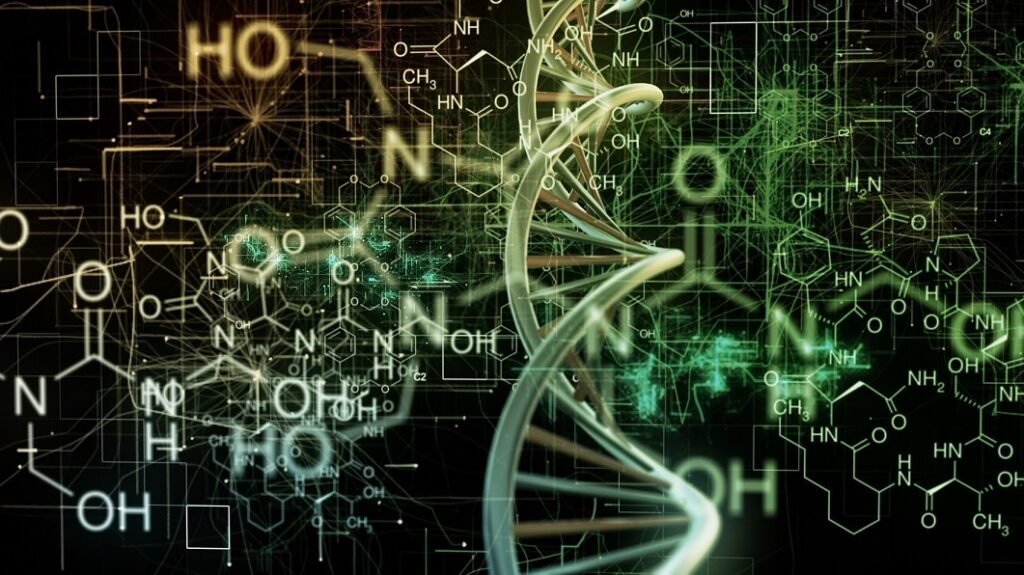Science is the quest for knowledge, seeking to understand the intricacies of the universe and the laws that govern it. This journey spans the physical, biological, and social realms, with each branch of science contributing to our understanding of the world. In this article, we’ll explore what science entails, its branches, revolutionary discoveries, and how it influences modern society.
Table of Contents
Defining Science: The Pursuit of Knowledge
Science is a systematic approach to gaining knowledge through observation, experimentation, and analysis. Its goal is to develop testable theories and explanations for natural phenomena. Grounded in curiosity, science advances by challenging assumptions and exploring new possibilities.
The Scientific Method: The Core of Scientific Inquiry
Science relies on a structured approach known as the scientific method. This method ensures that findings are based on evidence rather than speculation. It typically involves:
- Observation – Identifying a question or phenomenon to study.
- Hypothesis – Formulating an explanation or prediction.
- Experimentation – Conducting tests to evaluate the hypothesis.
- Analysis – Examining the results to look for patterns or insights.
- Conclusion – Drawing conclusions that confirm or refute the hypothesis.
Key Principles Guiding Scientific Work
- Empiricism – Relying on evidence that can be observed or measured.
- Objectivity – Ensuring unbiased and impartial investigation.
- Repeatability – Verifying findings through repeated experiments.
- Skepticism – Critically evaluating evidence before accepting conclusions.
Core Branches of Science
Science encompasses numerous fields, each focusing on different aspects of the world and our understanding of it.
1. Physical Sciences
The physical sciences study non-living systems, exploring phenomena related to matter, energy, and the fundamental forces.
Physics: The Fundamentals of Matter and Energy
Physics examines the properties of matter, energy, and their interactions. Key areas include:
- Mechanics – The motion of objects and the forces acting on them.
- Quantum Mechanics – Understanding subatomic particles.
- Astrophysics – Studying celestial bodies like stars and galaxies.
Chemistry: Exploring Substances and Their Reactions
Chemistry is the science of substances, focusing on their composition and transformations. It includes:
- Organic Chemistry – The study of carbon-containing compounds.
- Inorganic Chemistry – Investigating minerals and metals.
- Biochemistry – Analyzing chemical processes in living organisms.
2. Life Sciences
Life sciences examine living organisms, their behaviors, and interactions with the environment.
Biology: The Study of Life in Its Diversity
Biology investigates the structure, function, and evolution of living things. Key fields within biology include:
- Genetics – Exploring heredity and genetic variations.
- Ecology – Examining ecosystems and species relationships.
- Microbiology – Researching microscopic life forms.
Medicine: Advancing Health and Well-being
Medicine combines science with practical applications, focusing on human health through fields like:
- Immunology – Understanding the body’s defense systems.
- Pharmacology – Developing medications and treatments.
- Medical Technology – Using devices like MRI for diagnosis and treatment.
3. Earth Sciences
Earth sciences explore our planet’s structure, history, and the forces that shape it.
Geology: Understanding Earth’s Composition
Geology studies Earth’s structure and processes, including:
- Mineralogy – Analysis of minerals and their formations.
- Paleontology – Studying ancient life through fossils.
- Seismology – Examining earthquakes and tectonic movements.
Meteorology: Weather and Climate Science
Meteorology focuses on atmospheric phenomena, helping us understand weather and climate. Subfields include:
- Climatology – Researching long-term climate trends.
- Weather Forecasting – Predicting daily weather conditions.
4. Social Sciences
Social sciences study human societies and behaviors, examining interactions, economies, and institutions.
Psychology: Unraveling Human Behavior
Psychology delves into human thoughts, emotions, and actions. Key areas include:
- Cognitive Psychology – How we perceive, remember, and solve problems.
- Developmental Psychology – Studying life-span changes in behavior.
- Clinical Psychology – Treating mental health conditions.
Sociology: Analyzing Social Structures and Patterns
Sociology looks at how societies function and how individuals interact, covering areas like cultural norms and social institutions.
Pioneering Discoveries in Science
Throughout history, scientific breakthroughs have redefined how we see the world. Here are some of the most impactful discoveries:
1. Newton’s Laws of Motion
Isaac Newton’s principles of motion laid the groundwork for classical mechanics, describing how objects move and interact.
2. Theory of Evolution by Natural Selection
Charles Darwin’s theory revealed how species adapt over time, providing a foundation for modern biology.
3. DNA Structure
The discovery of DNA’s double-helix structure by Watson and Crick transformed genetics, enabling us to understand heredity and genetic diseases.
4. Relativity and Quantum Theory
Einstein’s theories of relativity, along with quantum mechanics, revolutionized physics and have led to advancements in technology and space exploration.
The Influence of Science on Society
Science impacts virtually every facet of daily life, from healthcare to environmental conservation.
1. Healthcare Improvements
Advances in medical science have led to longer lifespans and better quality of life through:
- Vaccines – Preventing diseases like polio and measles.
- Medical Imaging – Using MRI and CT scans for diagnosis.
- Precision Medicine – Tailoring treatments based on genetics.
2. Technological Advancements
Science drives technological progress, transforming industries and creating innovations such as:
- Internet and Computers – Revolutionizing communication and information sharing.
- Renewable Energy – Developing solar, wind, and other sustainable energy sources.
- Artificial Intelligence – Automating tasks and analyzing vast data sets.
3. Environmental Conservation
Environmental science focuses on understanding and preserving ecosystems. This includes:
- Climate Science – Studying global warming and its effects.
- Biodiversity Conservation – Protecting endangered species.
- Sustainable Practices – Reducing waste and conserving resources.
Emerging Trends and the Future of Science
Science continues to evolve, with emerging fields and technologies that may reshape our world.
1. Biotechnology and Gene Editing
Technologies like CRISPR are opening doors to treat genetic disorders and improve agriculture.
2. Quantum Computing
Quantum computing holds promise for solving complex problems in fields like cybersecurity and machine learning.
3. Space Exploration and Planetary Science
With new initiatives exploring Mars and beyond, humanity’s reach into space could extend to interplanetary living.
4. Artificial Intelligence and Machine Learning
AI is transforming data analysis, decision-making, and problem-solving across industries.
Ethical Considerations in Science
As science advances, ethical challenges arise. Key areas of concern include:
1. Medical Ethics
Medical science raises questions about patient rights, privacy, and genetic modification.
2. Environmental Responsibility
Science informs sustainable practices, balancing economic development with conservation.
3. AI and Data Privacy
AI brings ethical issues around data privacy, automation, and the potential impact on employment.
Conclusion: The Continuous Quest for Knowledge
Science is a boundless pursuit, constantly expanding our understanding of the universe. Through its discoveries and innovations, science will continue to influence our lives, solve critical issues, and inspire new generations to seek knowledge.


